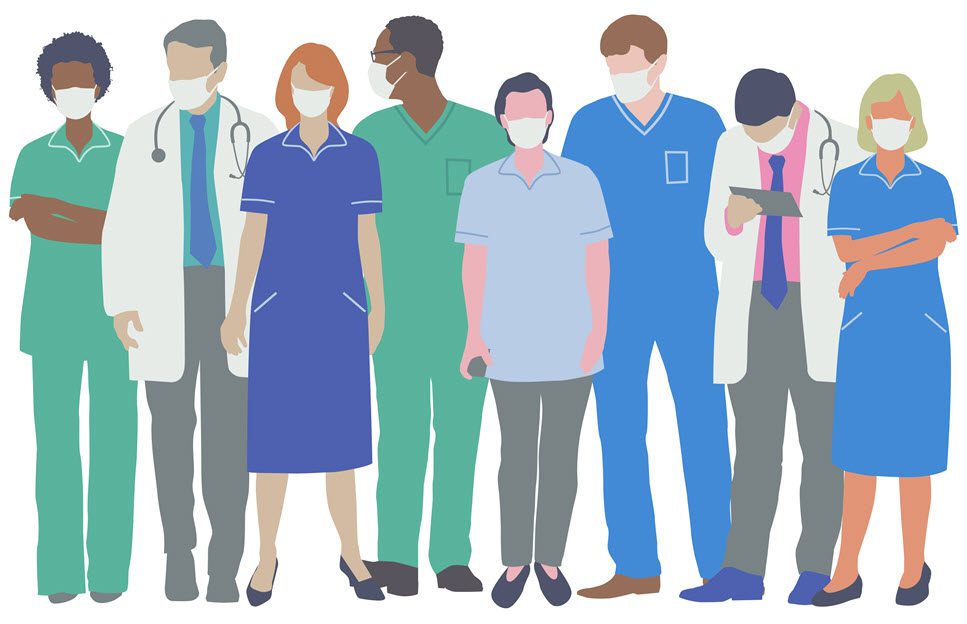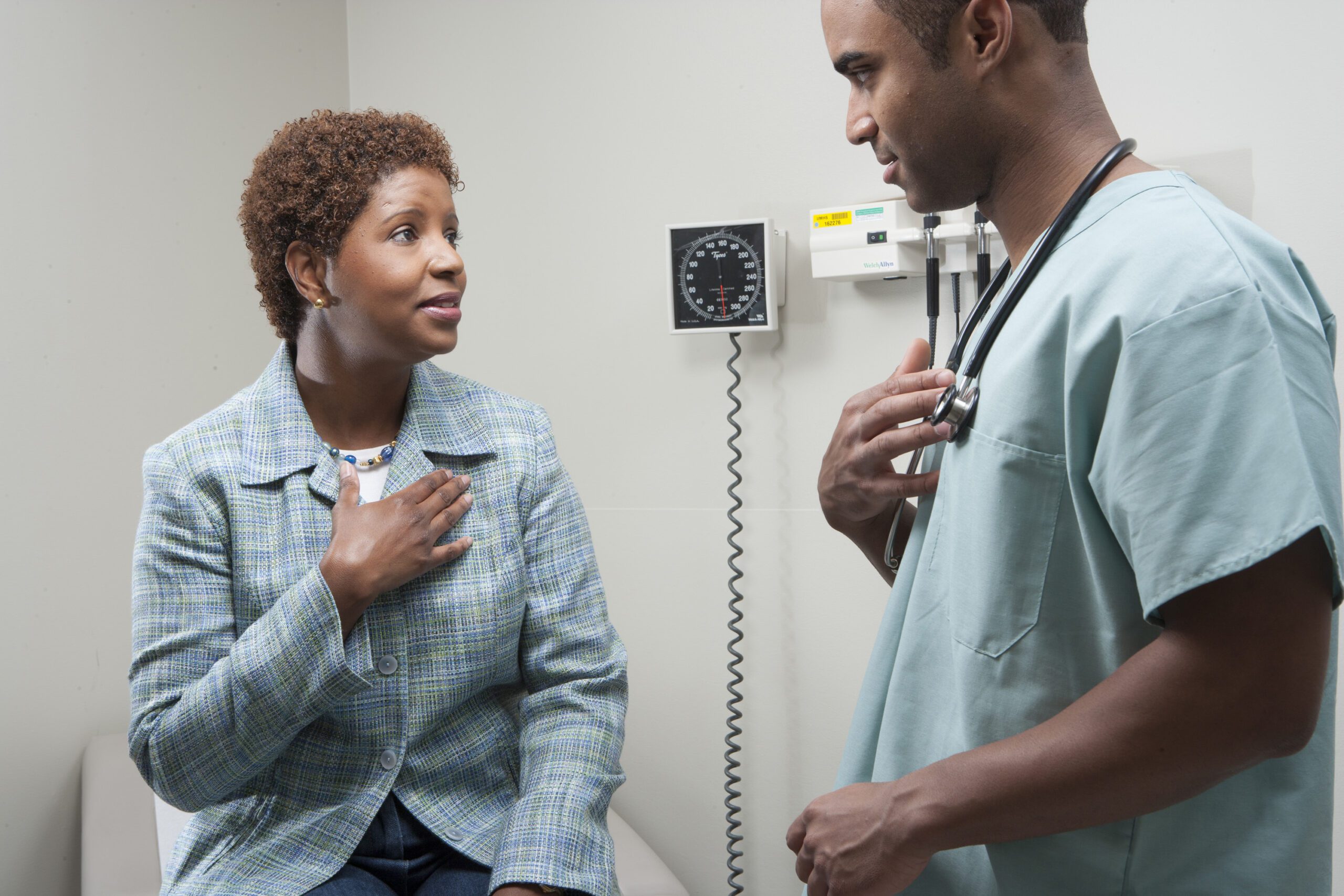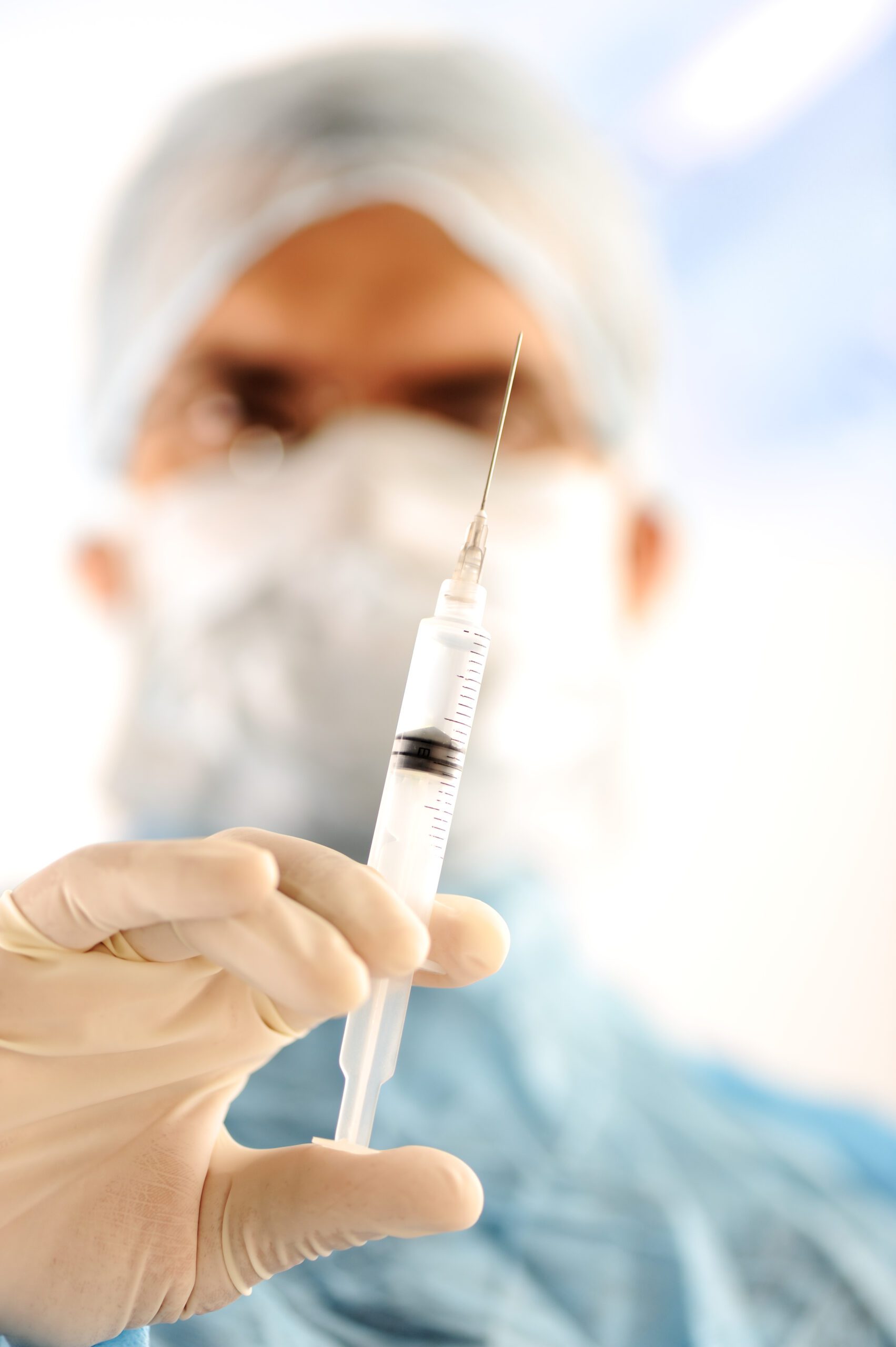Healthcare Providers, Your Patients Need to Hear from You!
 You are the most trusted resource for your patients in making health decisions.
You are the most trusted resource for your patients in making health decisions.
Your strong recommendation to get a COVID-19 vaccine is one of the most important factors in your patients’ decision to accept vaccination.
Making a Strong Recommendation to Get a COVID-19 Vaccine
- Patients consistently rank healthcare providers as their most trusted source of vaccine information. Your strong recommendation to get a COVID-19 vaccine is critical for vaccine acceptance.
- Make it clear to your patients that you recommend COVID-19 vaccination for them.
- Tell your patients how important COVID-19 vaccines are to protect their health, as well as the health of their family and friends.
- COVID-19 vaccines are new, and it’s understandable that your patients may have questions. Your answers can help them make an informed decision about getting vaccinated.
- Make it clear that you understand they may have questions, and you want to answer them, so they feel confident in choosing to get vaccinated.
Key Points to Communicate to Your Patients:
About COVID-19 Vaccines:
- COVID-19 vaccines are safe and effective.
- Everyone aged 12 years and older is now eligible to get a COVID-19 vaccination.
- There are several places to find a COVID-19 vaccine.
- You may have side effects after vaccination, but these are normal.
- It typically takes 2 weeks after vaccination for the body to build protection (immunity) against the virus that causes COVID-19. You are not fully vaccinated until 2 weeks after the 2nd dose of a two-dose vaccine or 2 weeks after a one-dose vaccine.
- People who have been fully vaccinated can start to do some things that they had stopped doing because of the pandemic.

Answering Patients’ Questions
Why Get a COVID-19 Vaccine
There are many reasons to get vaccinated, including protecting your health and getting back to the moments we miss.
Benefits of Getting Vaccinated
- COVID-19 vaccination will help keep you from getting COVID-19.
- COVID-19 vaccination is a safe way to help build protection.
- COVID-19 vaccination is an important tool to help us get back to the moments we miss.
When You’ve Been Fully Vaccinated
Once you are fully vaccinated, you can resume activities that you did prior to the pandemic:
- You can resume indoor and outdoor activities without wearing a mask or staying 6 feet apart, except where required by federal, state, local, tribal or territorial laws, rules and regulations including local business and workplace guidance.
- If you travel in the United States, you do not need to get tested before or after travel or self-quarantine after travel.
- If you’ve been around someone who has COVID-19, you do not need to stay away from others or get tested unless you have symptoms
Take Action:
Proactive Patient Outreach: Send messages and reminders through your patient communication channels. If your facility does not offer COVID-19 vaccinations, share resources where patients can find a vaccine in your area.
During the Appointment: Strongly recommend a COVID-19 vaccine at every patient visit. Take time to listen to patients’ questions. If COVID-19 vaccines are not available at your office, offer resources to help them find a vaccination location and book an appointment.
Resources:
Key Things to Know about COVID-19 Vaccines
Frequently Asked Questions about Vaccination
Sample letter to patients to encourage COVID-19 vaccination
Vaccines.gov (to find a vaccination provider)
Clinical Care Considerations for COVID-19 Vaccination
Vaccine Communication Toolkit for Medical Centers, Clinics, Pharmacies, and Clinicians
Ad Council: COVID-19 Collaborative Education Toolkit (Healthcare Provider Resources)
HHS: COVID-19 Public Education Campaign Resources
HHS: Talking Points for Health Care Leaders to Encourage Vaccine Confidence

